IAEA: Iran ‘doesn’t have significant quantity’ of material for nukes
The International Atomic Energy Agency (IAEA), which monitors Iran’s nuclear activities, has given assurances that the country is not in possession of enough enriched uranium to develop an atomic weapon.
In an interview with Austrian paper Die Presse published on its website on Saturday, IAEA Director General Rafael Grossi was asked about Iran’s “breakout” time — the period it would take to produce enough nuclear material for one weapon.
He replied, “In the IAEA we do not talk about breakout time. We look at the significant quantity, the minimum amount of enriched uranium or plutonium needed to make an atomic bomb. Iran does not have this significant quantity at the moment.”
Iran signed the nuclear Non-Proliferation Treaty (NPT) — whose aim is to prevent the spread of nuclear arms and weapons technology — in July 1968 and ratified it in February 1970.
The Islamic Republic has repeatedly asserted that it has never sought and will never seek nuclear arms based on a fatwa (religious decree) issued by Leader of the Islamic Revolution Ayatollah Seyyed Ali Khamenei. The fatwa bans the production, possession and stockpiling of nuclear weapons and other weapons of mass destruction.
Elsewhere in his interview, Grossi confirmed Tehran’s suspension of some of its commitments under a nuclear deal, saying, “The Iranians continue to enrich uranium, and to a much higher degree than they have committed themselves to. And this amount is growing by the month.”
Iran demonstrated to the world the peaceful nature of its nuclear program by signing the Joint Comprehensive Plan of Action (JCPOA) with six world states — namely the US, Germany, France, Britain, Russia and China — in 2015. The agreement was also ratified in the form of UN Security Council Resolution 2231.
However, Washington’s exit in May 2018 and the subsequent re-imposition of unilateral sanctions against Tehran left the future of the historic accord in limbo.
Tehran remained fully compliant with the JCPOA for an entire year, waiting for the co-signatories to fulfill their end of the bargain by offsetting the impacts of Washington’s bans on the Iranian economy.
As the European parties failed to do so, Tehran moved in May 2019 to scale back its JCPOA commitments under Articles 26 and 36 of the deal covering Tehran’s legal rights.
60 bodies recovered from abandoned South African gold mine: Police
Biden administration ‘quietly’ circumnavigating own ban on TikTok: Report
Iran Navy takes delivery of first advanced ‘signals-intelligence’ destroyer
Italian TV exposes Israeli manipulation of EU institutions
UK anti-corruption minister Siddiq resigns over links to Bangladesh ‘embezzlement probe’
VIDEO | Indian-administered Kashmir honors Imam Ali’s legacy of justice, leadership
Israel kills female Palestinian journalist based in Gaza’s Indonesian Hospital
US lawmakers demand answers from Biden on Israeli killing of Turkish-American activist


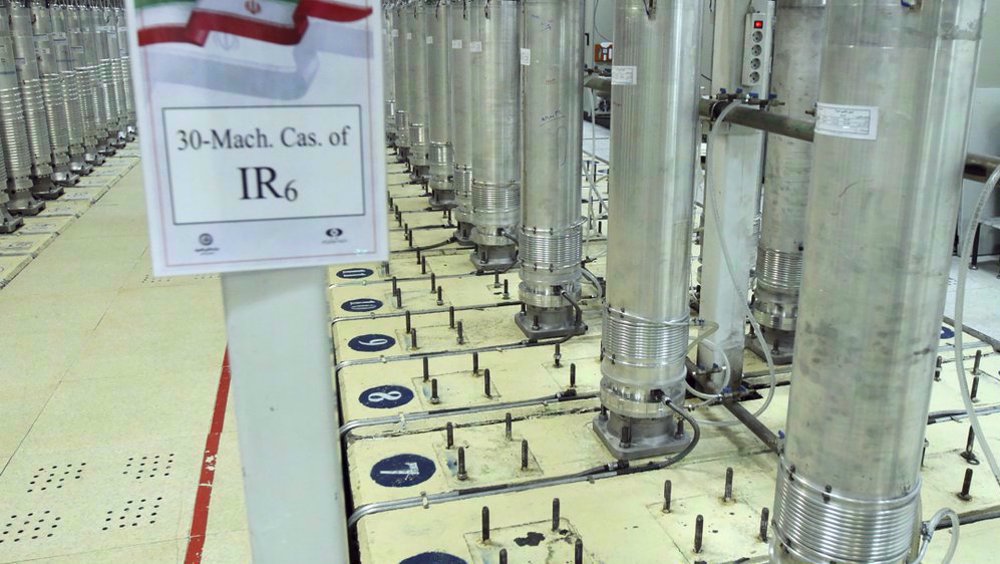

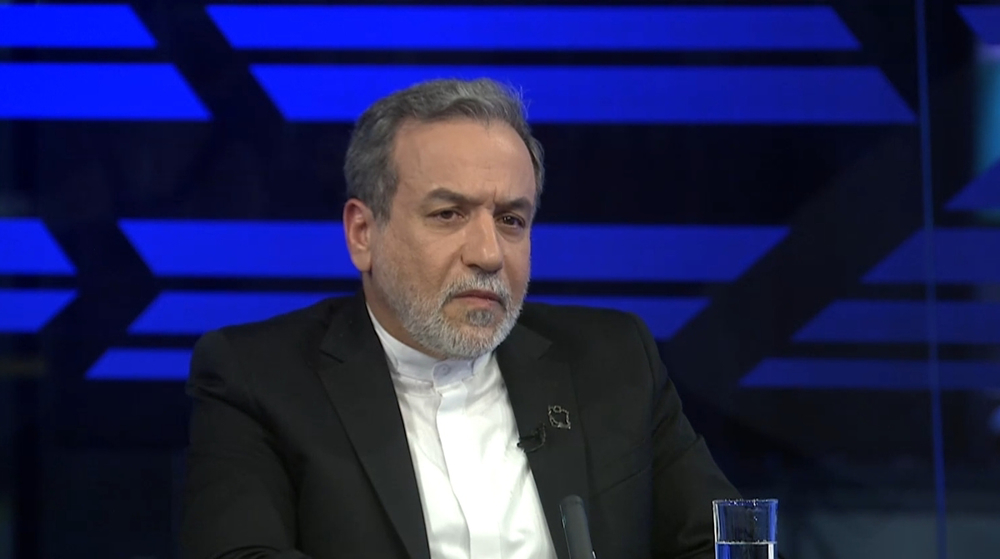

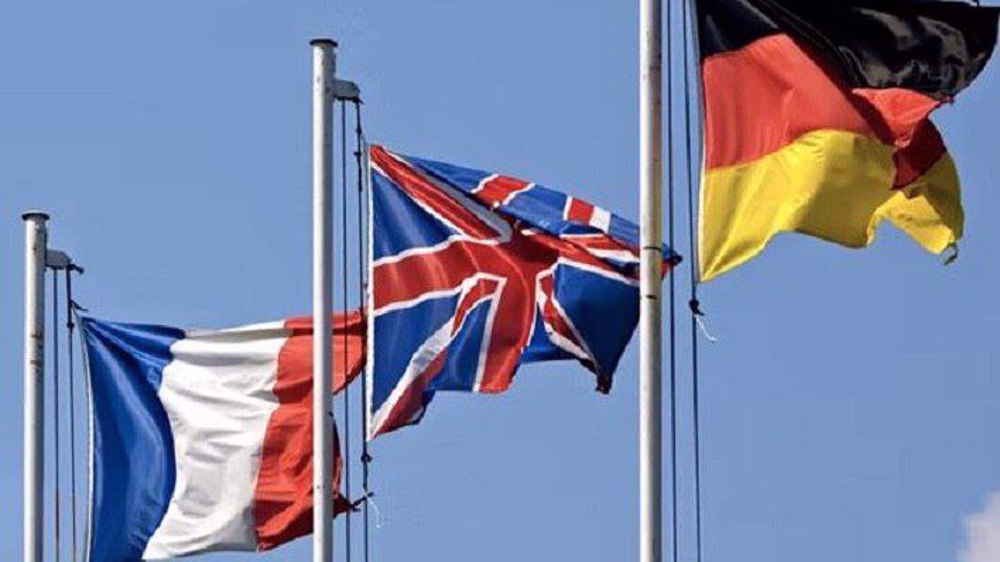



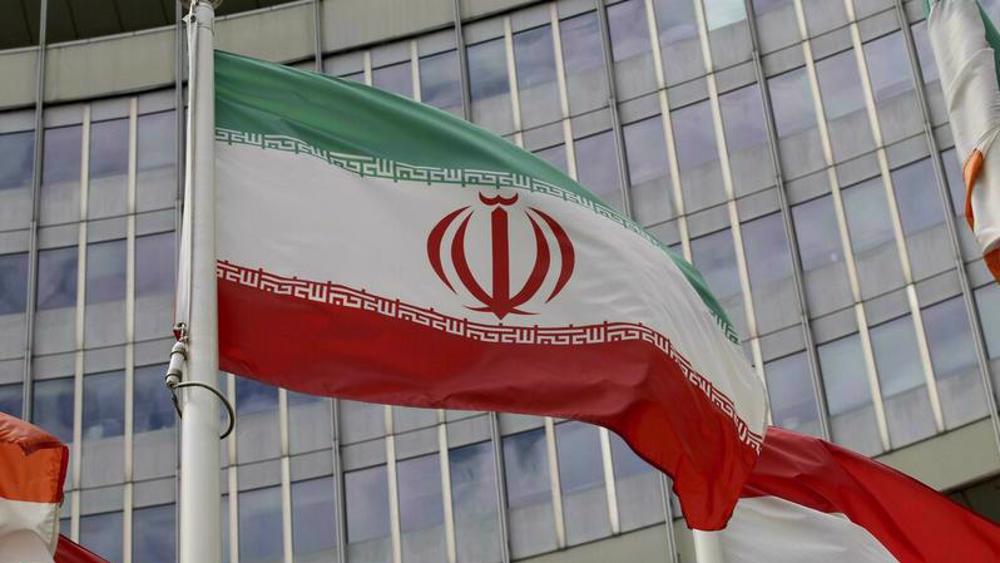
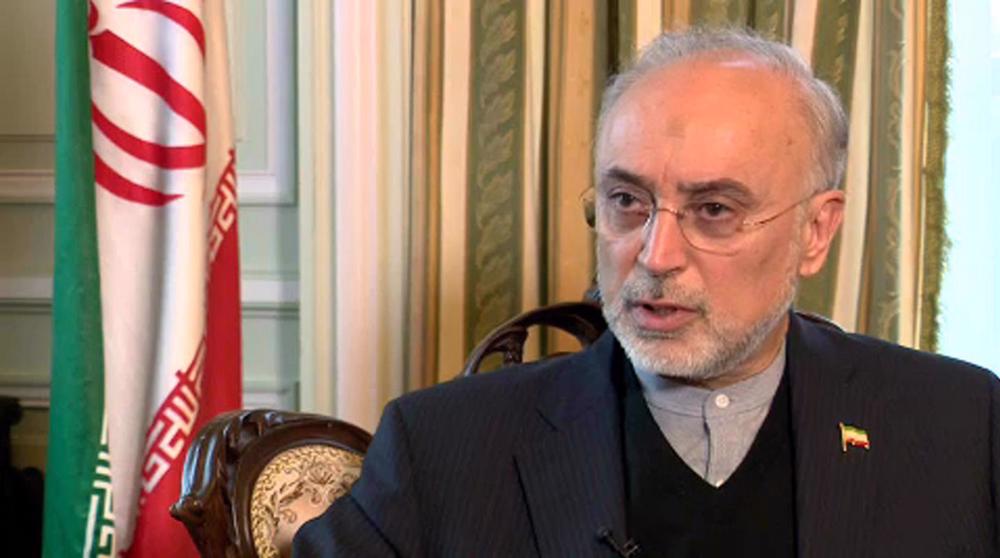







 This makes it easy to access the Press TV website
This makes it easy to access the Press TV website